The role of landscaping in urban development
Urban landscaping refers to the design, implementation, and maintenance of plant and hardscape features in urban environments. It plays a crucial role in enhancing the aesthetic appeal, environmental quality, and livability of urban areas. As cities continue to grow, the importance of well-designed landscaping becomes increasingly significant for urban development.
The concept of landscaping has evolved over centuries, from the ornamental gardens of the elite to the public parks and greenways that serve today's urban populations. The integration of landscaping into urban development reflects a historical progression towards creating more humane and sustainable cities.
Landscaping and Urban Planning
Landscaping is not an afterthought but an integral part of urban planning. It complements urban infrastructure by providing green corridors for transportation, managing stormwater runoff, and contributing to the urban heat island mitigation.
Public spaces, including parks, playgrounds, and plazas, are vital for community engagement and recreation. Thoughtful landscaping in these areas can foster social interactions, cultural expression, and provide a respite from the urban environment.
The private sector, including construction companies and real estate developers, plays a significant role in incorporating landscaping into commercial and residential projects, enhancing the overall urban fabric.
Environmental Considerations
Sustainable landscaping practices, such as using native plants and implementing water-efficient designs, are essential for creating resilient urban ecosystems.
Urban green spaces are critical for preserving biodiversity in cities. They provide habitats for various species and contribute to the ecological network within urban areas.
Landscaping can be a powerful tool for climate adaptation, offering solutions such as green roofs and walls to reduce building energy consumption and urban heat.
Economic and Social Impacts
Quality landscaping can significantly increase property values and marketability, making it a wise investment for developers and homeowners alike.
Access to well-landscaped areas has been linked to improved mental and physical health, emphasizing the need for such spaces in urban environments.
Landscaping projects can serve as catalysts for community development and social cohesion, creating shared spaces that foster a sense of belonging and collective identity.
Challenges and Solutions in Urban Landscaping
Urban density presents challenges for landscaping, but innovative design solutions such as vertical gardens and pocket parks can overcome these constraints.
Ensuring the maintenance and longevity of urban landscapes requires careful planning and resource allocation. Ongoing care is essential for sustaining the benefits of urban landscaping over time.
Effective policy and regulation are necessary to guide the development and maintenance of urban landscapes, ensuring they meet the needs of the community and the environment.


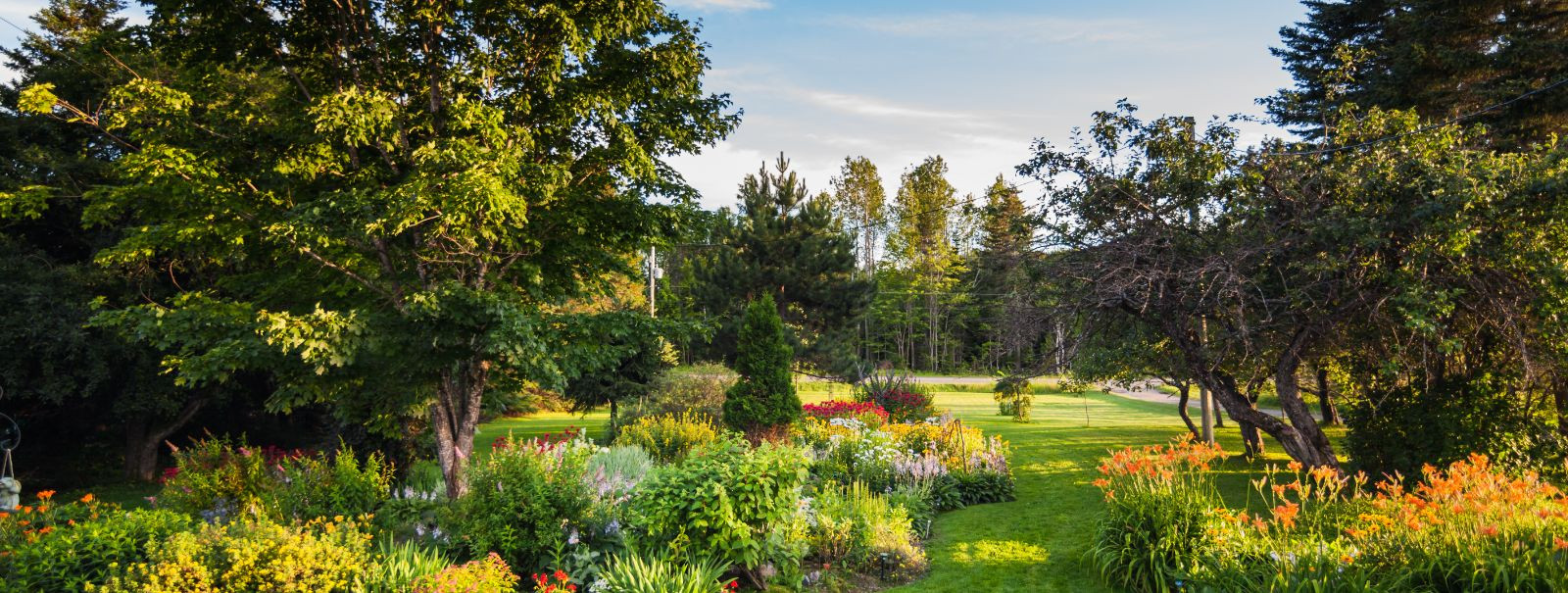

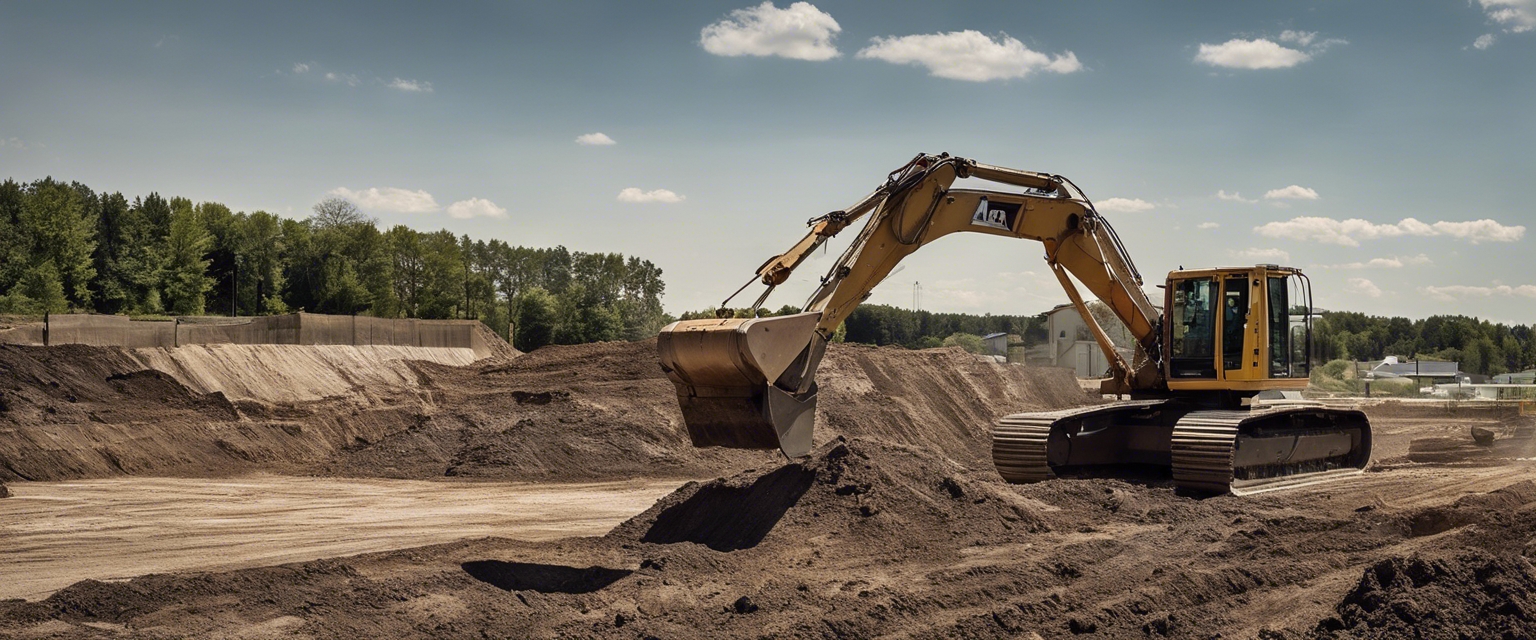
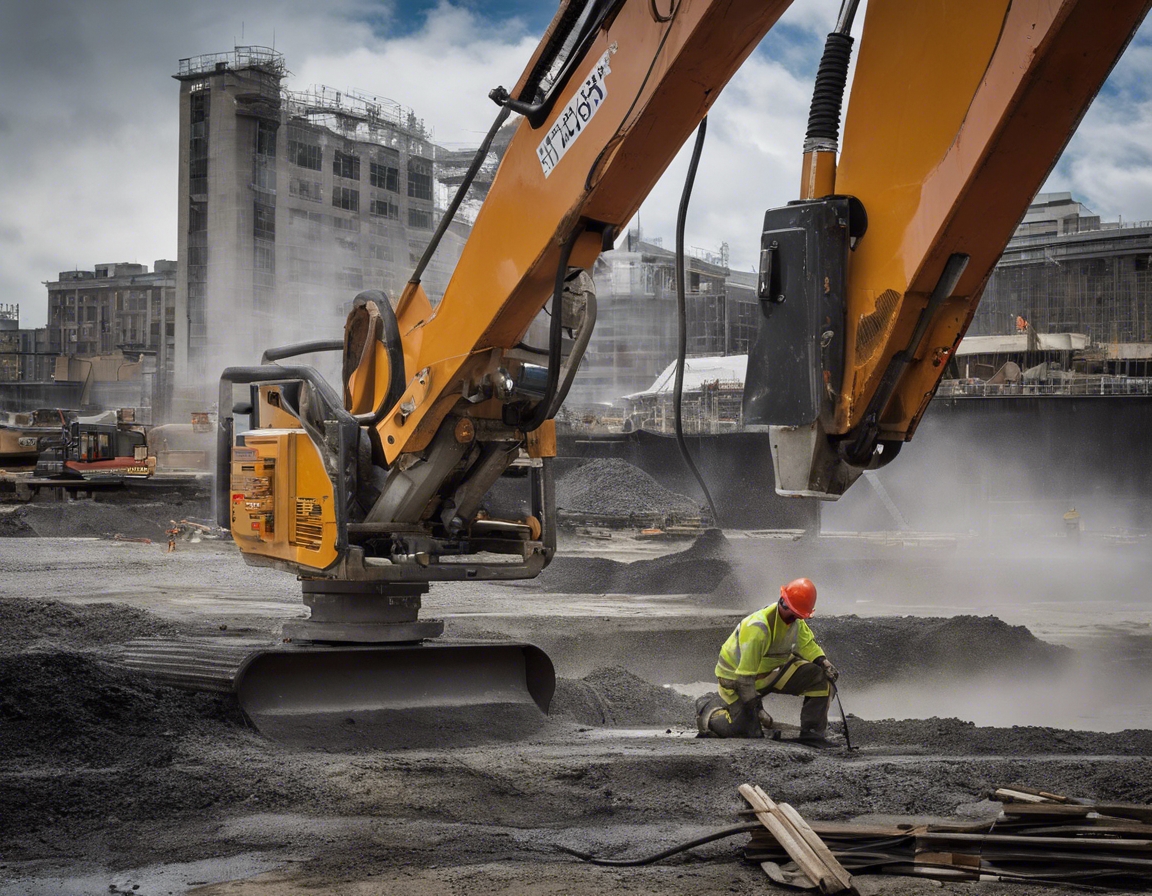
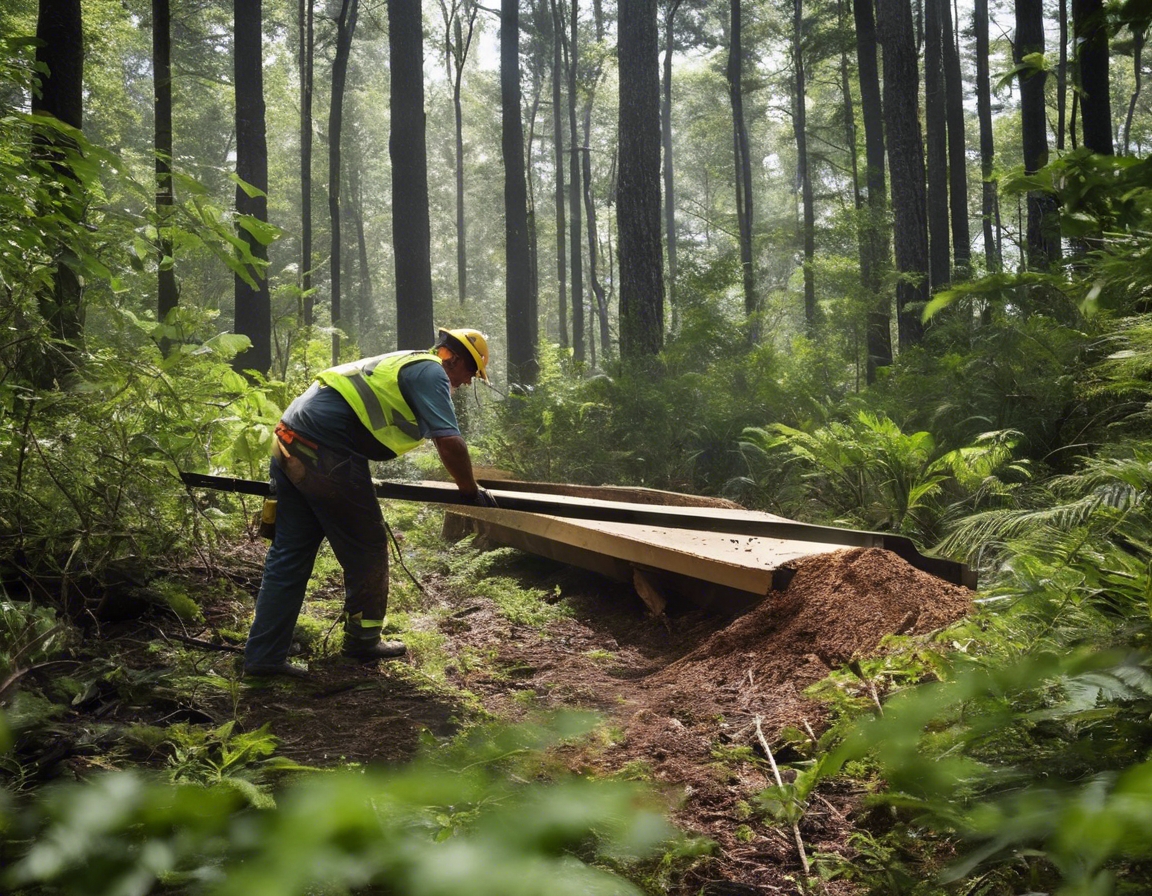
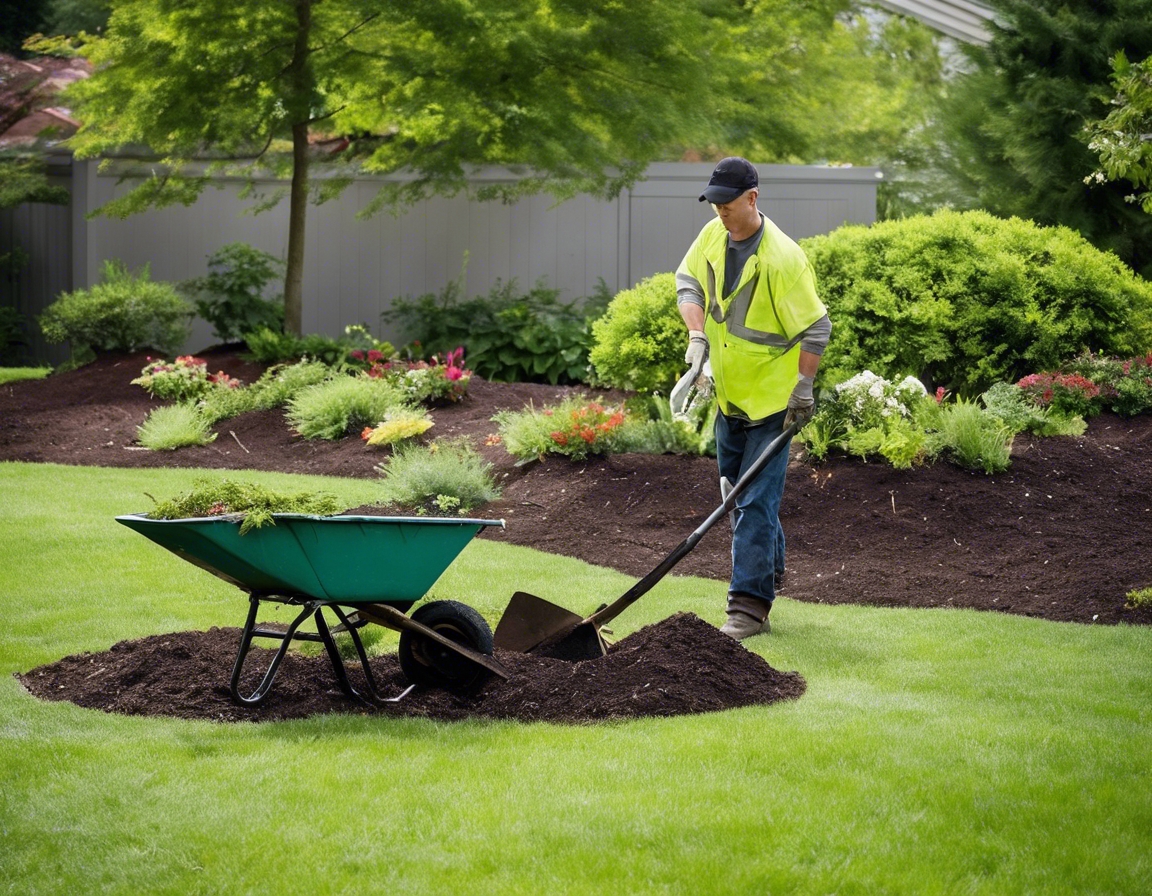
Comments (0)